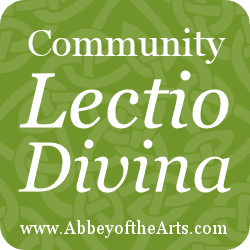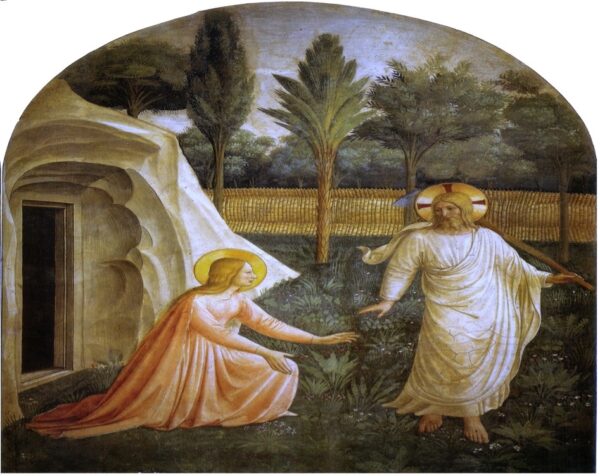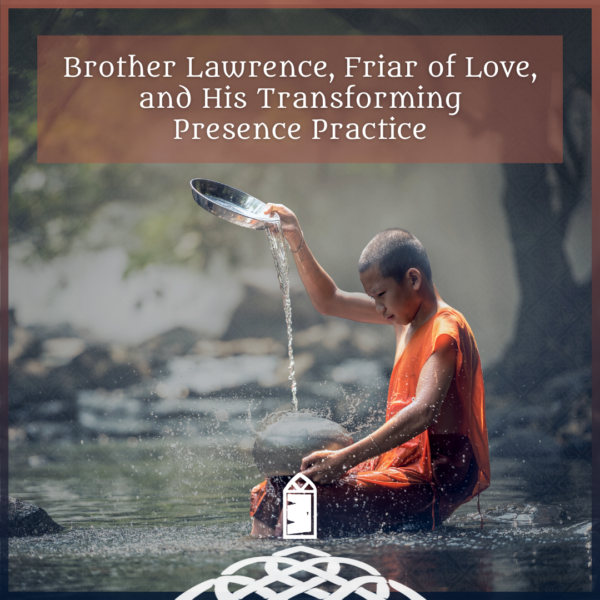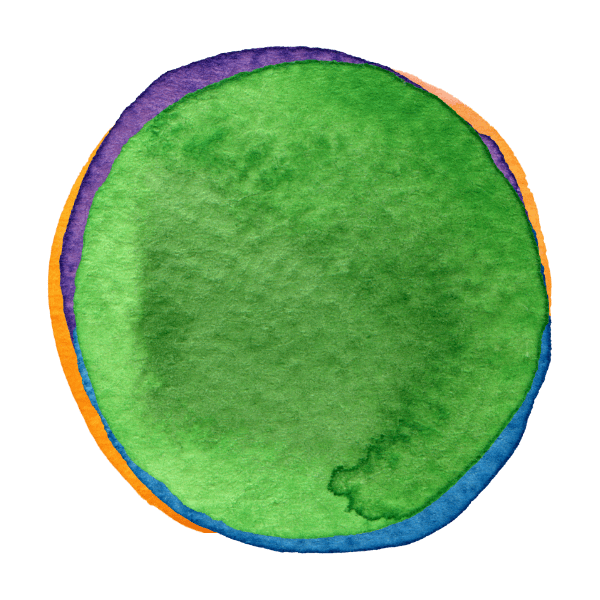 With October comes a new invitation for contemplation. This month I invite you into a lectio divina practice with a poem by Israeli poet Yehuda Amichai. Wisdom Council member Cheryl Macpherson (who co-facilitates our Way of the Monk, Path of the Artist class) suggested it, and I was delighted because it is one of my favorites. I think it expresses beautifully the monastic path of humility, the root of which is humus, meaning of the earth. During this autumn season (for our northern hemisphere folks) we are reminded of all that is earthy, of the cycle of life and death, of returning to the ground.
With October comes a new invitation for contemplation. This month I invite you into a lectio divina practice with a poem by Israeli poet Yehuda Amichai. Wisdom Council member Cheryl Macpherson (who co-facilitates our Way of the Monk, Path of the Artist class) suggested it, and I was delighted because it is one of my favorites. I think it expresses beautifully the monastic path of humility, the root of which is humus, meaning of the earth. During this autumn season (for our northern hemisphere folks) we are reminded of all that is earthy, of the cycle of life and death, of returning to the ground.
How Community Lectio Divina works:
Each month there will be a passage selected from scripture or poetry (and at some point we will engage in some visio and audio divina as well with art and music).
For the year I am choosing an overarching theme of discernment. I feel like the Abbey is in the midst of some wonderful transition, movement, and expansion.
How amazing it would be to discern together the movements of the Spirit at work in the hearts of monks around the world.
I invite you to set aside some time this week to pray with the text below. Here is a handout with a brief overview (feel free to reproduce this handout and share with others as long as you leave in the attribution at the bottom – thank you!)
Lean into silence, pray the text, listen to what shimmers, allow the images and memories to unfold, tend to the invitation, and then sit in stillness.
The Place Where We Are Right
From the place where we are right
Flowers will never grow
In the spring.
The place where we are right
Is hard and trampled
Like a yard.
But doubts and loves
Dig up the world
Like a mole, a plow.
And a whisper will be heard in the place
Where the ruined
House once stood.—Yehuda Amichai (Translated from the original Hebrew)
After you have prayed with the text (and feel free to pray with it more than once – St. Ignatius wrote about the deep value of repetition in prayer, especially when something feels particularly rich) spend some time journaling what insights arise for you.
How is this text calling to your dancing monk heart in this moment of your life?
What does this text have to offer to your discernment journey of listening moment by moment to the invitation from the Holy?
What wisdom emerged that may be just for you, but may also be for the wider community?
Sharing Your Responses
Please share the fruits of your lectio divina practice in the comments below or at our Holy Disorder of Dancing Monks Facebook group which you can join here.
You might share the word or phrase that shimmered, the invitation that arose from your prayer, or artwork you created in response. There is something powerful about naming your experience in community and then seeing what threads are woven between all of our responses.
You can see the full fall calendar of invitations here>>
Join the Holy Disorder of Dancing Monks Facebook group here>>






19 Responses
I too love the image created by this line:
“The place where we are right is hard and trampled like a yard.”
It is also like a path that has been much used and therefore trampled and hard. When I am familiar with a path, having used it over and over, I am often reluctant to try a new one. Especially if it’s not my idea. :-)
The words that spoke to me were, “The place where we are right is hard and trampled like a yard.” I went for a walk with my camera and walked through a pumpkin field. These thoughts came to me.
I walked in a field of pumpkins today.
The ground was dry and hard,
the pumpkins marred,
rejected by the harvester.
But I found joy in what they left behind
a field of orange
proclaiming autumn’s oracle,
that we must let go of perfectionism,
and delight in that which is not precise.
Accepting the blemishes and seeing the beauty
that comes at the end of life.
St. Teresa of Avila – “Untilled soil, however fertile it may be, will bear thistles and thorns and so it is with man’s mind.”
hhhhmmmmmm
I so LOVE these responses! Thank you everyone!
The place we where are right sounds like everything is well, is right in our world, and where indeed flowers spring up. Those moments where everything comes together.
But the sense of ‘right’ in this poem, I take it, is different. I am right and you are not — there is no life in that.
Also, when I am feeling sad, lonely, lacking a sense of direction, I know there are opportunities to open to life in that too, if I stay with what I am experiencing.
But as this poem is written, I found it does not speak to me.
Hi Anneclaire; Maybe the poem didn’t speak to you, but I thought you got the message – at least, it was the same message I got. Kinda like Dr. Phil says “Would you rather be right or would you rather be happy”?
The house of my heart was cluttered with broken chairs and stacks of memories unhealed. The house of my heart was in despair and sought repair from builders poor in tools. It remained uncared for, and fell away to almost nothingness. A piece of foundation stood to mark its former existence. Pilgrimage of mind and spirit and foot brought newness. Walls built on foundations left, framed open and airy rooms. Clear of clutter, free of memories, a whisper…whole…echoes…from wall to wall to wall to wall…escapes on the breeze from the unshuttered window and becomes A SHOUT! ALIVE! I AM ALIVE and living and breathing and walking. Made new.
How did you know this was just what I needed to hear today? The phrase ‘doubts and loves’ encompasses everything which is troubling me and making life hard at present, so it was a great gift to be given an image of how they could be a source of life – if only I can allow the mole to get digging! Then perhaps new things can be planted and nurtured in the soft soil.
“…doubts and loves/Dig up the world/Like a mole, a plow.” That was the golden line for me this morning, in this beautiful poem. At first I didn’t understand. Why was the “right” place hard and barren? Meditating on that mole and plow, breaking up the earth, letting in fresh air and rain and encouraging the little creatures of the soil that make it rich…helped me see why. That is what our doubts and our loves do for us, breaking up the hardness of our need to always be “right.” We, like the soil, can’t support life for ourselves or for others, when we stick with the narrow comfort zone of our own certainties and conviction that we are always right– it is a kind of death, a barren ground, not a place for flowers, for beauty and creativity. When we open ourselves to uncertainty, questioning, and to love with all of its risks, we are most fully alive. Thank you for this!
thank you